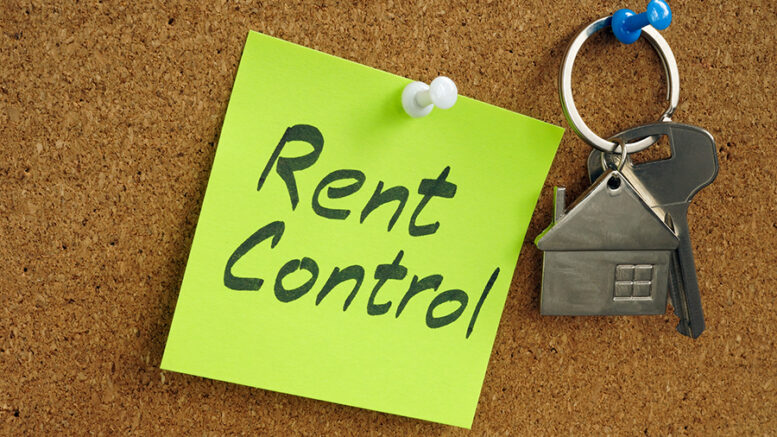A recent survey indicates that should rent controls be enforced in certain areas, over a third of private landlords might choose to offload their properties. The research, conducted by YouGov on behalf of the National Residential Landlords Association (NRLA), revealed that 37% of landlords might reduce their rental offerings if bodies such as local councils were granted the power to regulate rents, both during and in between tenancies.
The NRLA voiced concerns that if such a considerable number of landlords decide to exit the sector, it might severely hamper the available homes for rent, especially during these times of rising demand.
Notably, the Scottish Parliament has declared that its previously termed “emergency rent controls” will remain in place as long as the coalition of the Scottish National Party and the Green Party continues to govern.
Despite this move in Scotland, the central UK Government has assured that it doesn’t intend to bring in similar controls. Interestingly, even though the former shadow housing secretary from Labour dismissed rent controls, London’s Mayor from the same party, Sadiq Khan, has been an advocate for their introduction in London. Adding to the discourse, the Labour-led government in Wales has released a Green Paper, suggesting that the possibility of some sort of rent control merits further investigation.
The survey also highlighted that landlords’ reactions could vary based on the type of controls that are introduced. There are generally three kinds:
- First generation rent controls – where rents are set at a certain figure and remain unchanged.
- Second generation rent controls – where the hike in rents is either tied to inflation or restricted to a predetermined percentage.
- Third generation rent controls – landlords can freely determine rents for new tenancies (or with minimal constraints) but any increments within ongoing tenancies are regulated.
Reacting to the survey’s findings, the NRLA said that the introduction of rent controls has often resulted in a dwindling supply of rental homes. It also affects the motivation for landlords to invest in property enhancements. Furthermore, it can mean tenants remain in properties for extended periods, making it tougher for younger renters to find homes.
In their closing remarks, the NRLA reiterates their long-standing viewpoint: implementing or maintaining fixed rents might exacerbate the issue. With landlords finding it challenging to maintain a viable business model, many might opt to exit the rental sector.








